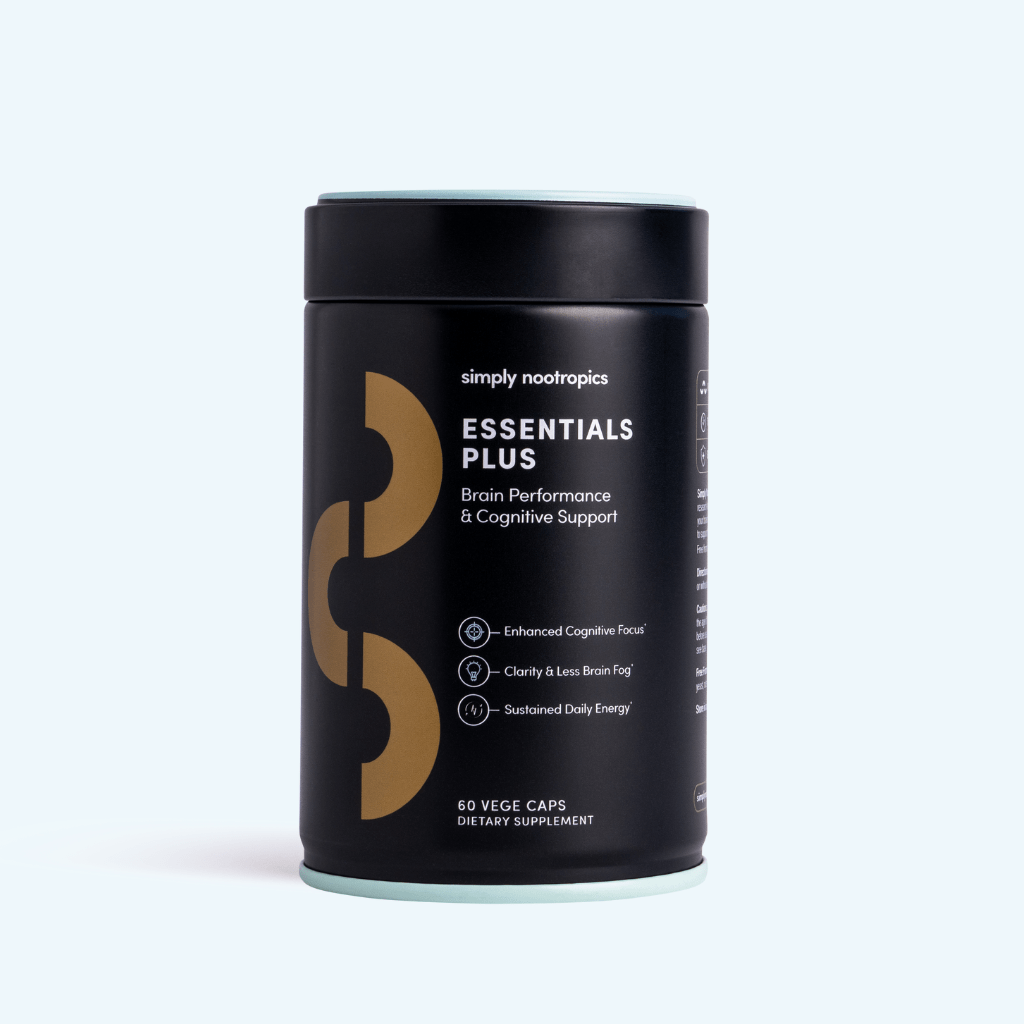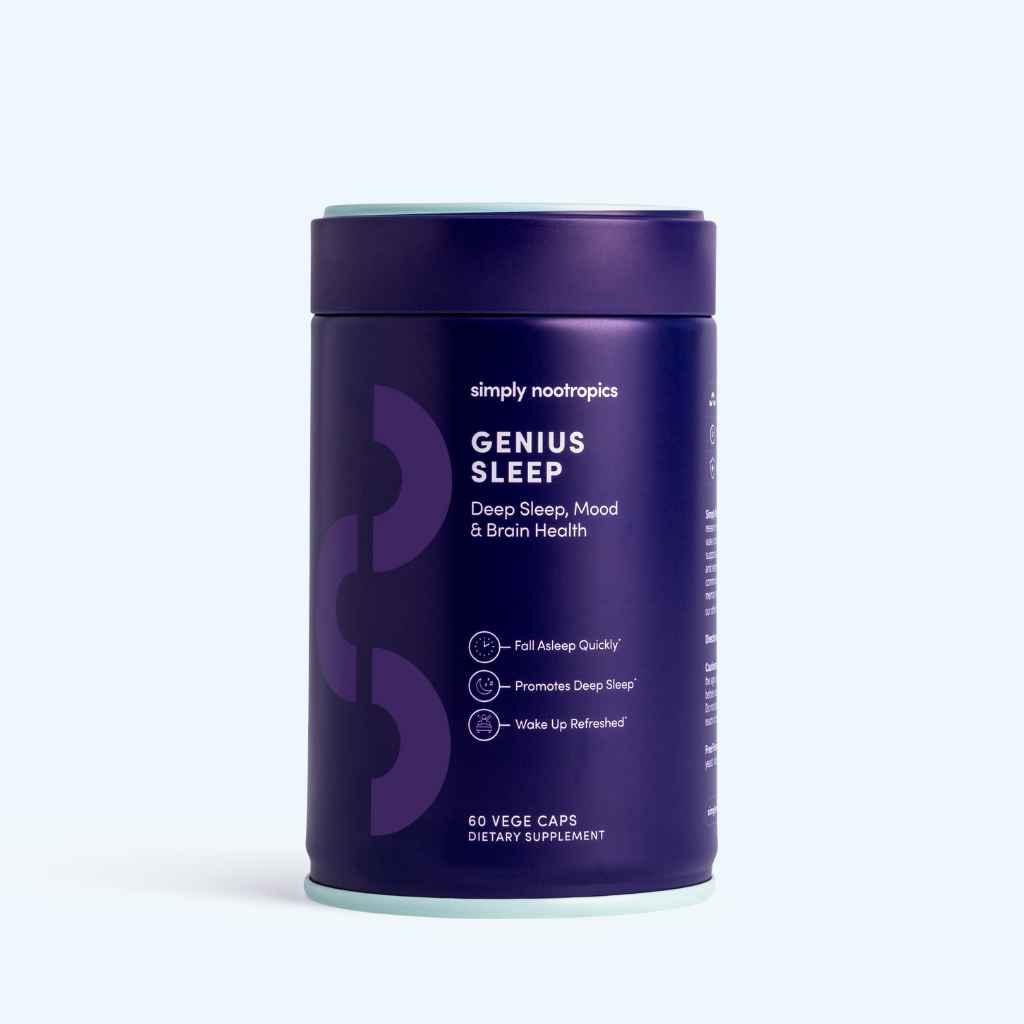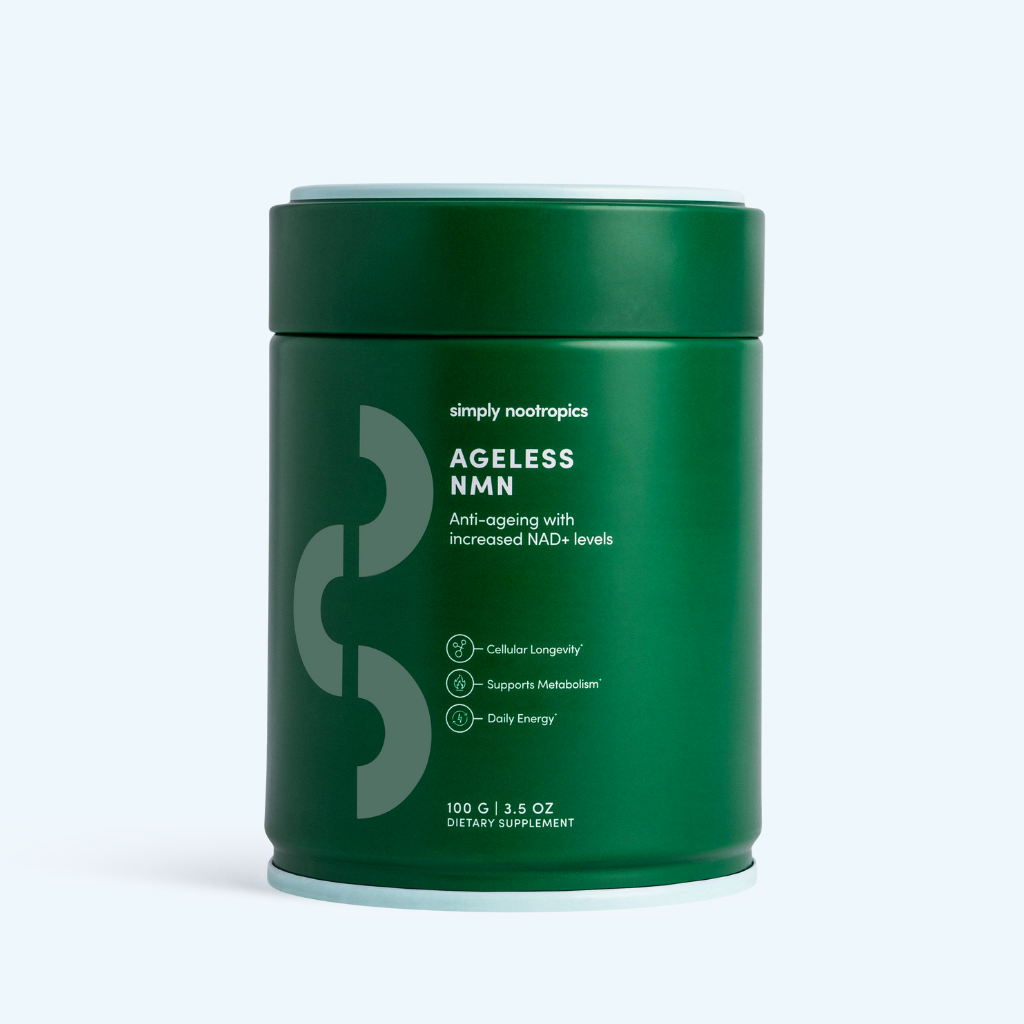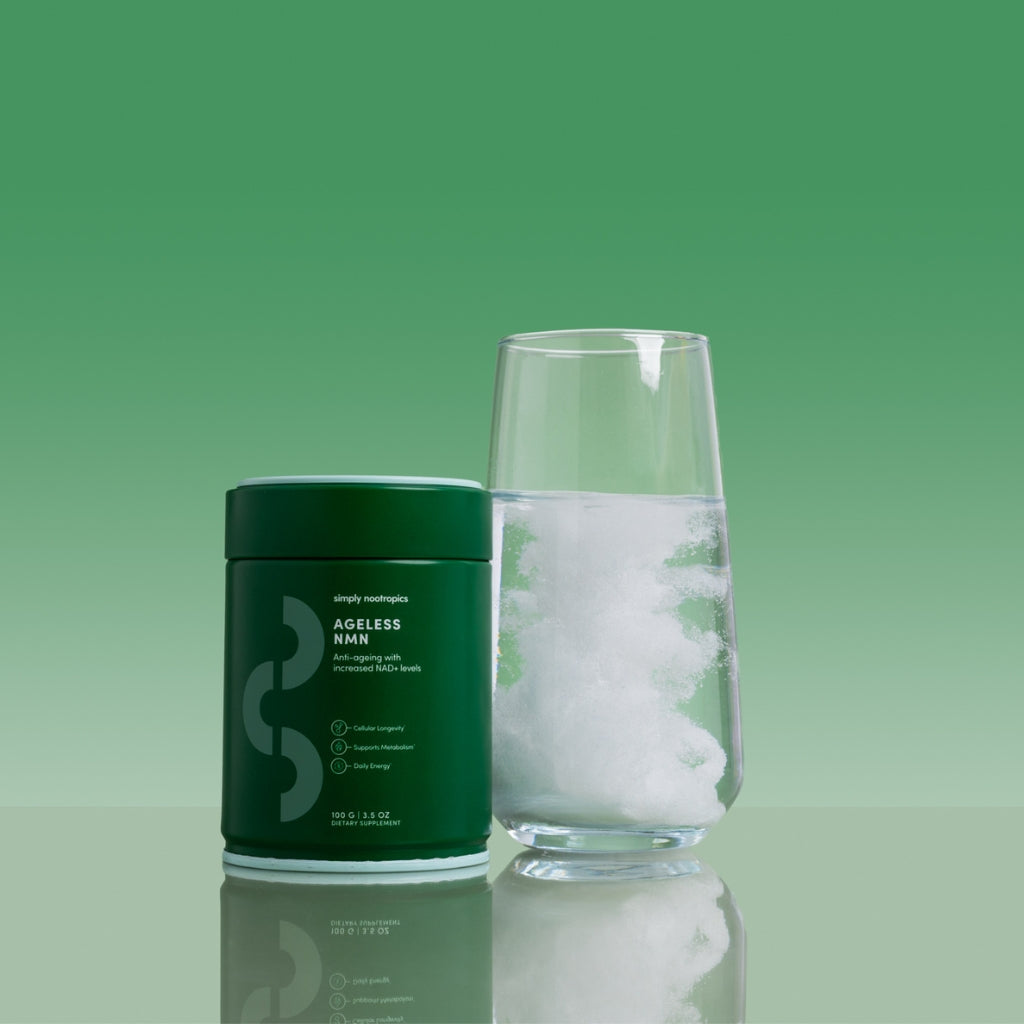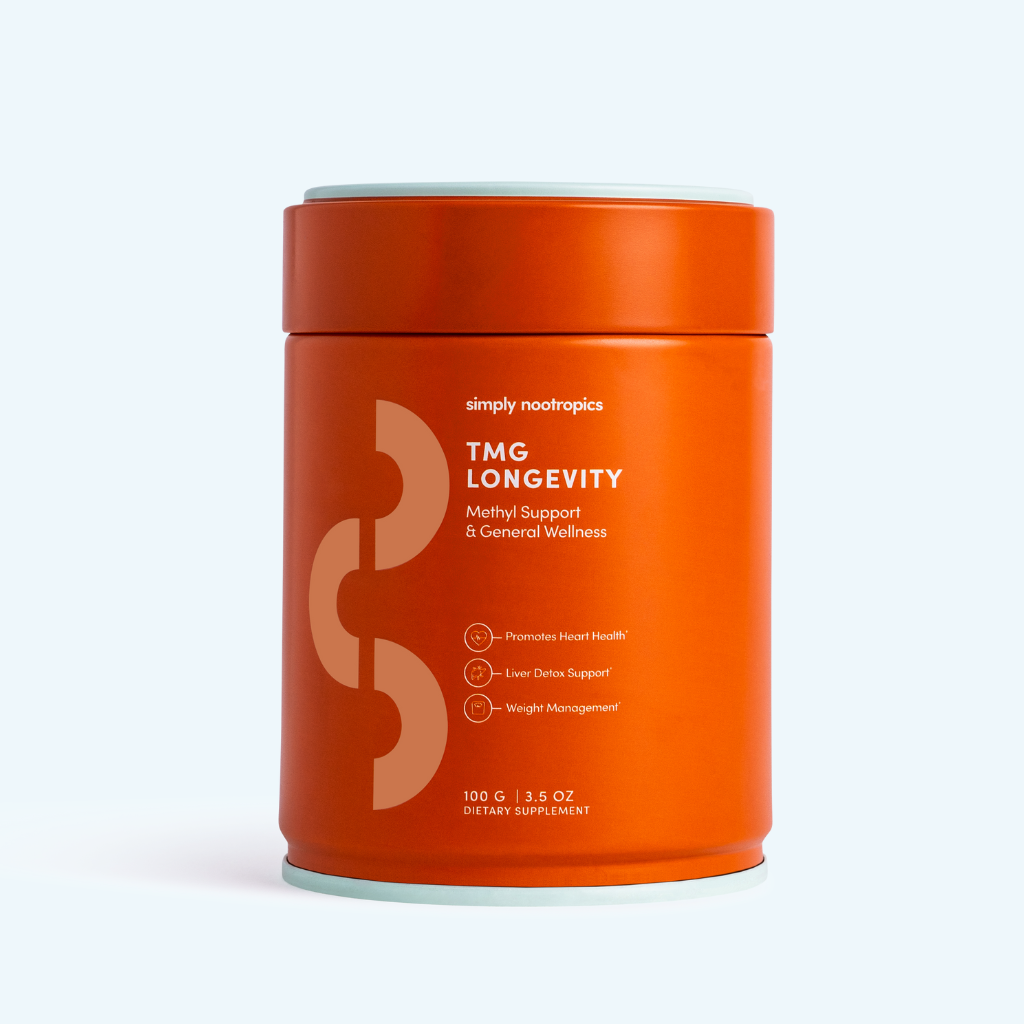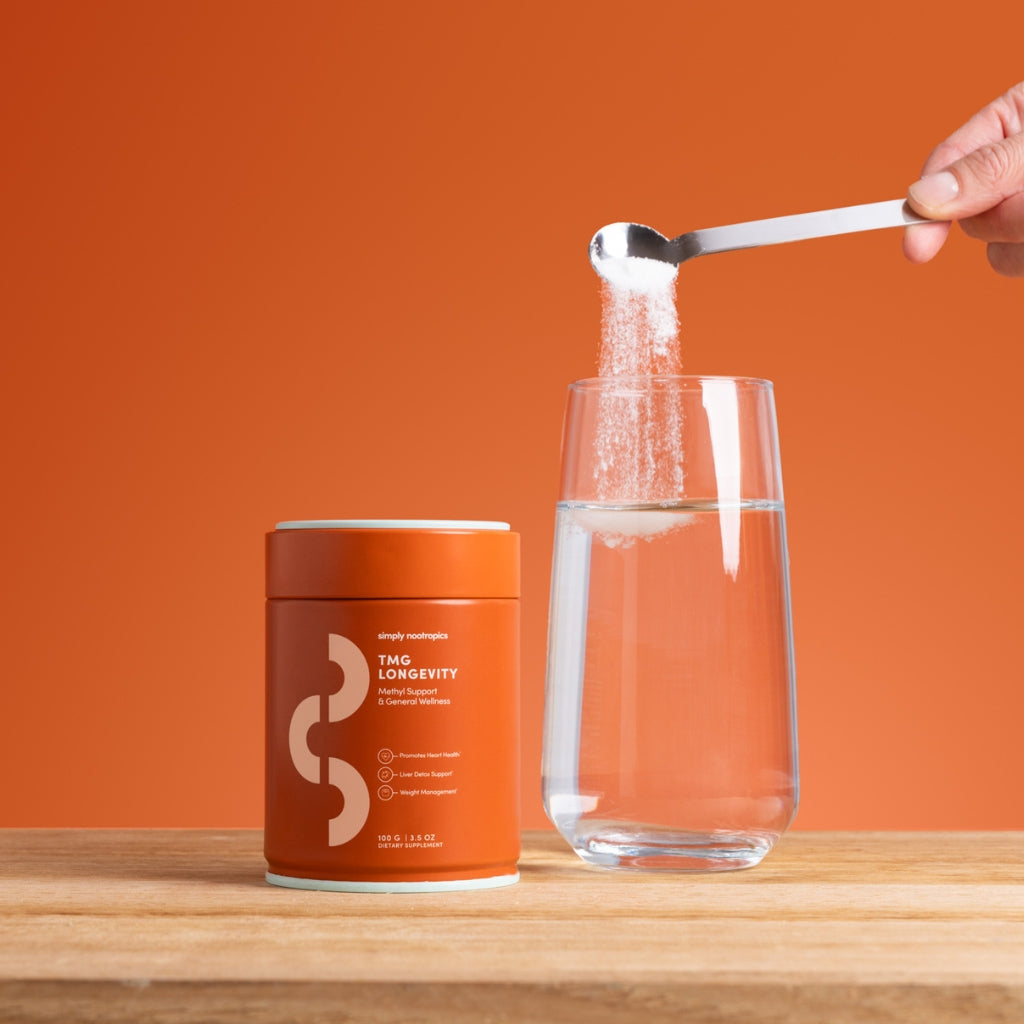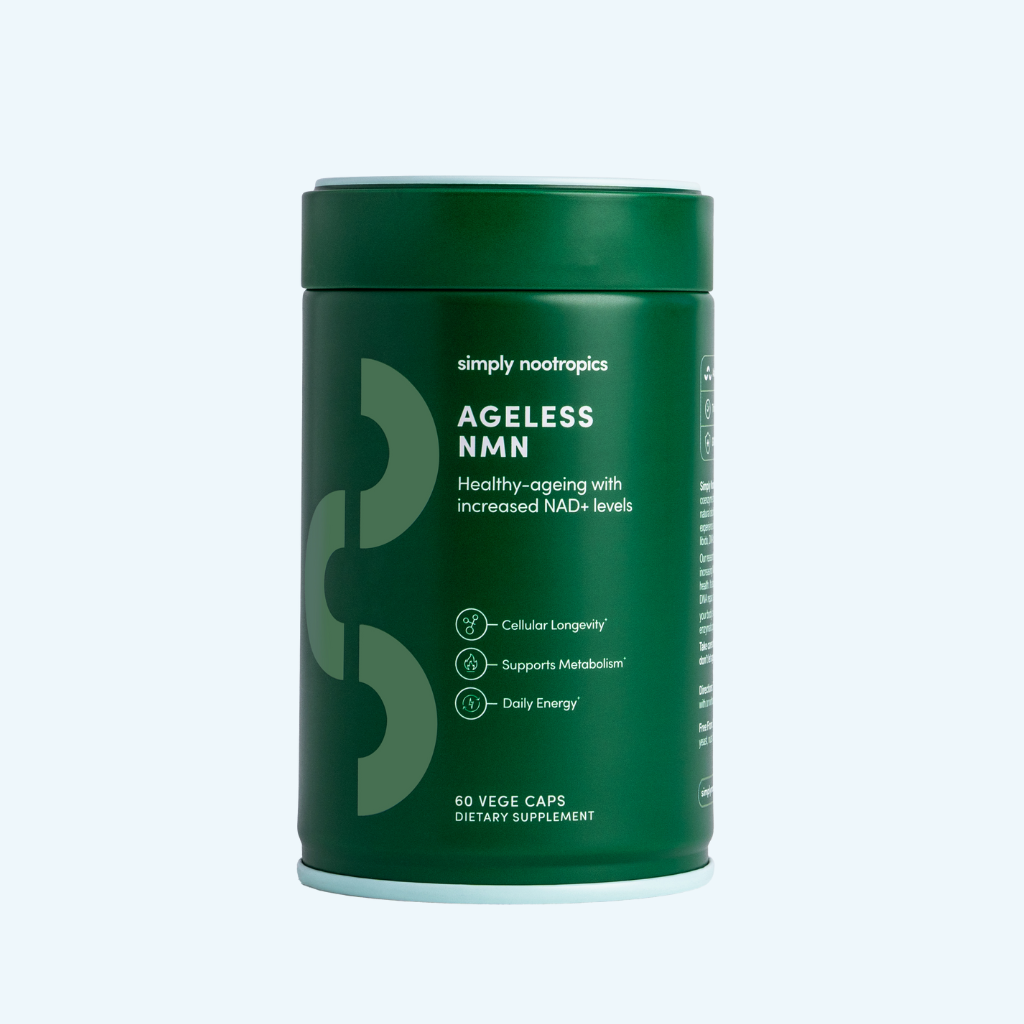Psychoneuroimmunology might sound like a tongue-twister, but this field of study means something simpler than you might think. Psychoneuroimmunology actually reveals how deeply interconnected our minds and bodies truly are, by studying how our thoughts, feelings, and mental states directly impact our physical health, particularly our immune system. In simpler terms, it's where psychology meets neurology and immunology.
The Science of Psychoneuroimmunology
To understand psychoneuroimmunology, let’s break down its components. "Psycho" refers to our thoughts and emotions, "neuro" involves the nervous system, and "immunology" is the study of the immune system. Combined, psychoneuroimmunology examines how the mind and the nervous system influence the immune system's functioning.
As you can imagine, the brain and immune system communicate through complex pathways. For example, when we experience stress or emotional turmoil, our brain sends signals that can alter immune function. This bidirectional communication is facilitated by neurotransmitters, hormones, and cytokines (small proteins involved in cell signalling).
The Brain-Immune Connection
One of the key players in this connection is the hypothalamus, a small region of the brain that controls many bodily functions, including the stress response. When we perceive stress, the hypothalamus activates the sympathetic nervous system, leading to the release of adrenaline and cortisol from the adrenal glands. These stress hormones prepare the body for the famous "fight or flight" response.
However, chronic stress can lead to prolonged exposure to cortisol, which suppresses immune function. This suppression can make us more susceptible to infections and diseases. Plus, stress can affect the production and functioning of white blood cells, the body’s primary defenders against pathogens.
The Impact of Mental Health on Physical Health
Our mental health can significantly impact our physical health in many ways:
- Stress and Immunity: Chronic stress can lead to a persistent inflammatory response, which is linked to numerous health issues. Stress also reduces the number of lymphocytes, a type of white blood cell crucial for fighting off infections.
- Mental Health Issues and Immune Function: Mental health issues are associated with increased inflammation and a weakened immune response. Individuals often have higher levels of inflammatory markers like C-reactive protein (CRP) and interleukin-6 (IL-6). This heightened inflammatory state can contribute to the development of chronic illnesses.
- Anxiety and Immune System: Anxiety, similar to stress, can trigger the release of stress hormones, leading to immune suppression. People with chronic anxiety may have higher susceptibility to infections and slower wound healing.
The Power of Positive Mental States
On the flip side, positive emotions and mental states can aid in building your immune system. Happiness, optimism, and a sense of purpose are associated with lower levels of inflammation and stronger immune responses. Studies have shown that people with a positive outlook on life have better health outcomes and longevity.
But why? When we experience happiness and optimism, our bodies produce a cascade of beneficial biochemical reactions. For instance, the release of endorphins, often referred to as "feel-good" hormones, not only elevates our mood but also modulates immune function. Endorphins can help reduce the perception of pain and promote a sense of well-being, which indirectly helps build up immune system.
Plus, a positive outlook on life can lead to healthier lifestyle choices. Optimistic individuals are more likely to engage in regular physical activity, maintain a balanced diet, and avoid harmful behaviours such as smoking and excessive alcohol consumption. These healthy habits contribute to build up immune system and lower levels of chronic inflammation, a key factor in the development of many diseases.
Real-World Applications of Psychoneuroimmunology
Since we understand the impact of our mental states on our physical health, there are some lifestyle changes and good practices that we can incorporate into our wellness routine.
- Mindfulness and Meditation: Practices like mindfulness and meditation are one of the best ways to boost your immune system, since they have been shown to reduce stress and inflammation. Regular meditation can decrease cortisol levels and increase the activity of natural killer cells.
- Therapeutic Interventions: Psychotherapy and counselling can help manage stress and anxiety, leading to improved immune function. Cognitive-behavioural therapy (CBT), for example, has been effective in reducing symptoms of anxiety, building your immune system.
- Exercise: Physical activity is a natural stress reliever and has been shown to build up immune system. Regular exercise reduces inflammation, lowers stress hormones, and promotes the circulation of immune cells, helping the body defend against pathogens more effectively.
- Social Connections: Strong social ties and supportive relationships are linked to better mental and physical health. Social support can promote healthier immune function, while loneliness, on the other hand, is associated with higher levels of inflammation and weaker immune responses.
The Role of Diet, Sleep, and Supplementation
Of course, diet, sleep, and supplementation also play critical roles in psychoneuroimmunology:
- Nutrition: Eating a balanced diet rich in fruits, vegetables, whole grains, and lean proteins is one of the best ways to boost your immune system. On the contrary, a diet high in processed foods and sugar can increase inflammation and weaken your immune defences.
- Sleep: Quality sleep is essential for both mental well-being and the best immune support. During sleep, your body repairs itself, and your immune system releases cytokines that help you sleep and fight infection. Chronic sleep deprivation can lead to higher levels of stress hormones and inflammation, impairing your immune function.
- Supplementation: Sometimes, even with the best diet, it’s hard to get all the nutrients your body needs. A great supplement to consider is NMN, a NAD+ booster that can enhance mitochondrial function, boost energy levels, and may even slow the ageing process. By supporting cellular health, NMN can also improve immune function and overall vitality.
Psychoneuroimmunology highlights just how much our mental states can impact our physical health. Understanding and leveraging this mind-body connection can help us better build up immune system and improve our quality of life. Plus, incorporating strategies like managing stress, nurturing positive mental states, and even exploring supplements such as Simply Nootropics NMN can make a significant difference. So, next time you're feeling stressed or down, remember that taking care of your mental health isn’t just good for your mind—it’s essential for keeping your body strong and healthy too. By paying attention to both, you can enjoy a healthier, happier life.

